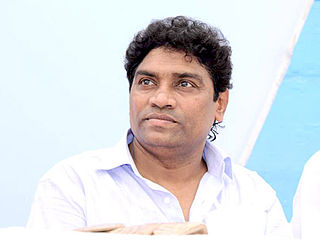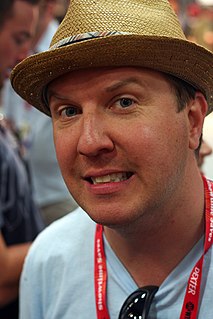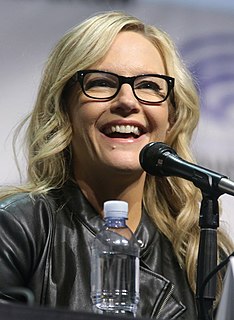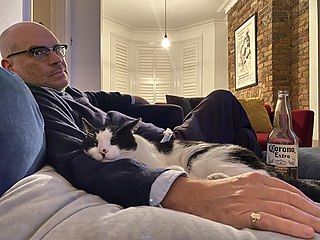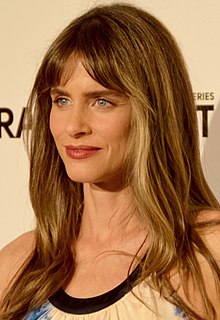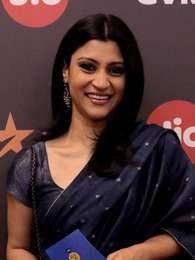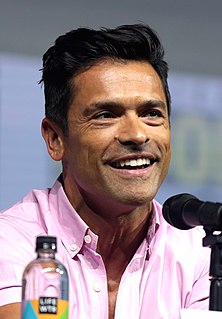A Quote by Johnny Lever
A good writer takes time to go in-depth into a subject and then comes out with a good script. Then it's the job of the actor and director to improvise with it and make it even better.
Related Quotes
With a good script a good director can produce a masterpiece; with the same script a mediocre director can make a passable film. But with a bad script even a good director can’t possibly make a good film. For truly cinematic expression, the camera and the microphone must be able to cross both fire and water. That is what makes a real movie. The script must be something that has the power to do this.
Directing takes a good chunk of your life out. It's a very hard thing. As an actor, you go in for a couple of months and do your job, and then you move onto another one. As a director, it's with you for quite some time and you're responsible for the entire thing, whether the results are good or bad, or whether people throw darts at you or put you on a pedestal.
In this day and age, if you're aspiring to be an actor, and you're putting all your eggs in one basket, you could be disappointed. I started out as an actor, but I forced myself to be a writer, even though I wasn't very good at it and had never written. I don't think I ever passed an English course in my life. My first 8 to 10 scripts were pretty horrendous, but I stayed at it until I eventually found a voice and a subject that people were interested in. So, I recommend that you go out and try to be as versatile as possible: writer, actor, producer and especially director.
The way I pick movies is, first, if the script is any good. Then, if the script is good, who else is in it, the director, the producer, all that. If you have all that, there's a chance the movie will be great. If the script isn't right, or the director or cast isn't right, you've got no shot in hell.
I think the most important thing for an actor is reading the script and trying to figure out if you can play that character well. The last thing on my mind is if the director made good movies previously. It's not my job to know if that director's last movie was any good - it's my job to know if I can play the role.
When you start out as an actor, you read a script thinking of it at its best. But that's not usually the case in general, and usually what you have to do is you have to read a script and think of it at its worst. You read it going, "OK, how bad could this be?" first and foremost. You cannot make a good film out of a bad script. You can make a bad film out of a good script, but you can't make a good film out of a bad script.
Mark and jay Duplass really like to improvise. Even if we beg them to go back to the script, they invariably ask us to go "off the rails," as they like to call it. It's just the way they work. You get a full written script. And it's really, really, really good, so that's why it's kind of peculiar that they always want you to improvise, because if I wrote something that good, I would want everyone to stick to the dialogue that was written.
Once rehearsals are done the writer really doesn't have a function on the set. If the script is stabilized, then the writer becomes a celebrity tourist visiting the set, trying not to get in the way. It's very good for the ego, to go visit a film set if you are the writer, because they give you a special chair, and tell you where you can sit to watch the monitor. They make you feel special, but at the same time, they make it perfectly plain that you are irrelevant!
The first is that good writing consists of mastering the fundamentals (vocabulary, grammar, the elements of style) and then filling the third level of your toolbox with the right instruments. The second is that while it is impossible to make a competent writer out of a bad writer, and while is equally impossible to make a great writer out of a good one, it is possible, with lots of hard work, dedication, and timely help, to make a good writer out of a merely competent one
